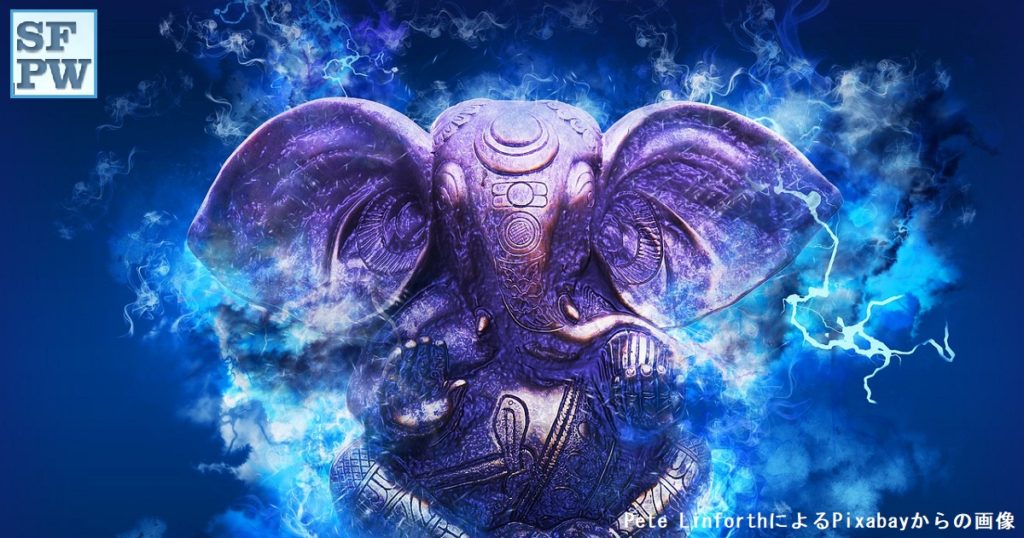
Two institutions that constitute contemporary Japanese literature and two writers who oppose the blockbuster
○Introduction
This is the abstract of my invited lecture at the International Seminar on Japanese Literature planned by the Indo-Japan Association for Literature and Culture held at the University of Delhi on September 16, 2017.
It is an introduction to the institutions that constitute contemporary Japanese literature and the struggles of authors against them and produces unique work for Japanologists in India.
Please note that the content, including my title, is current as of 2017. I have decided to publish this in the hope that it will serve as a guide to the English articles in the SF Prologue Wave while explaining the situation in Japan to English readers.
I really appreciateProf. Unita Sachidanand, Prof. P.A.George, Prof. Yuki Meno, Dr. Mohammad Moinuddin, Dr. Mark Winchester, and other collaborators.
(Akira Okawada)
○Two institutions that constitute contemporary Japanese literature and two writers who oppose the blockbuster
Akira Okawada (Literary Critic, Kyouai Gakuen University, Japan)
This paper aims to invigorate cultural exchange between India and Japan and will attempt to outline contemporary Japanese literature and culture from the viewpoint of someone engaged in literary criticism there. There are many institutionally unique elements in contemporary literature in Japan compared to other countries. There is especially a large barrier between academic literary research and journalistic criticism that has led to mutual misunderstanding in literary debate. In the first half of this paper I would like to outline the characteristic institutions surrounding contemporary Japanese literature while referring to the work of literary critic Yuichi Ikeda (1969-). The institutions in question are literary magazines (bungeishi) and literary review (bungei jihyo).
Literary magazines are periodically published magazines that carry novels and criticism. Magazines carrying literary works vary widely, but in the case of literary magazines, we will be referring to magazines that carry so-called ‘pure literature’ or ‘mainstream literature’ (junbungaku). Literary review refers to short critical pieces that appear in newspapers that judge and value the superiority or inferiority of works published in the previous month’s literary magazines. The twin institutions of literary magazines and literary review form the backbone of the ‘guild’ that is the Japanese literary establishment (bundan).
Japan’s modern literature was established on the premise of the existence of such a literary ‘guild’. It aimed to provide ‘places’ to enable the development of autonomous discourse away from the state or power. While such literary ‘guilds’ have their merits, since the late 1970s, the model of autonomous literary ‘guilds’ broke down and dysfunctions became apparent in the roles of the literary magazines and literary review. With the completion and penetration of advanced capitalism writers themselves became commercialized and the scale of commercialism in literature expanded unprecedentedly. Following the Hollywood movie production system, this situation has been called the ‘block-busterization’ of Japanese literature. In the second half of this lecture I would like to talk about two contemporary writers who have resisted the literary establishment ‘guild’ and this ‘block-busterization’.
The first of these writers is Koichi Yamano (1939-2017) and the second is Toyoaki Mukai (1933-2008). Koichi Yamano adopted a strategy of reading ‘science fiction’ or ‘scientific novels’ as ‘speculative fiction’. Toyoaki Mukai took reflection and regret at the historical perpetration of non-Ainu Japanese toward the minority ethnic Ainu people. What is common to both writers is that, by mastering avant-garde literature such as the Nouveau Roman, they created outstanding works that are capable of relativizing the current ‘block-busterization’ of Japanese literature.
In contemporary Japanese literature there is no end to arguments as to what we can do after the end of the role of ‘modern Japanese literature’ in the formation of the nation-state. The work of Yamano and Mukai, however, by passing through postmodernism as a ‘technology’ or ‘technique’, can be said to be an attempt to seek out countermeasures to postmodernism as a ‘situation’.
(Translated by Mark Winchester)
